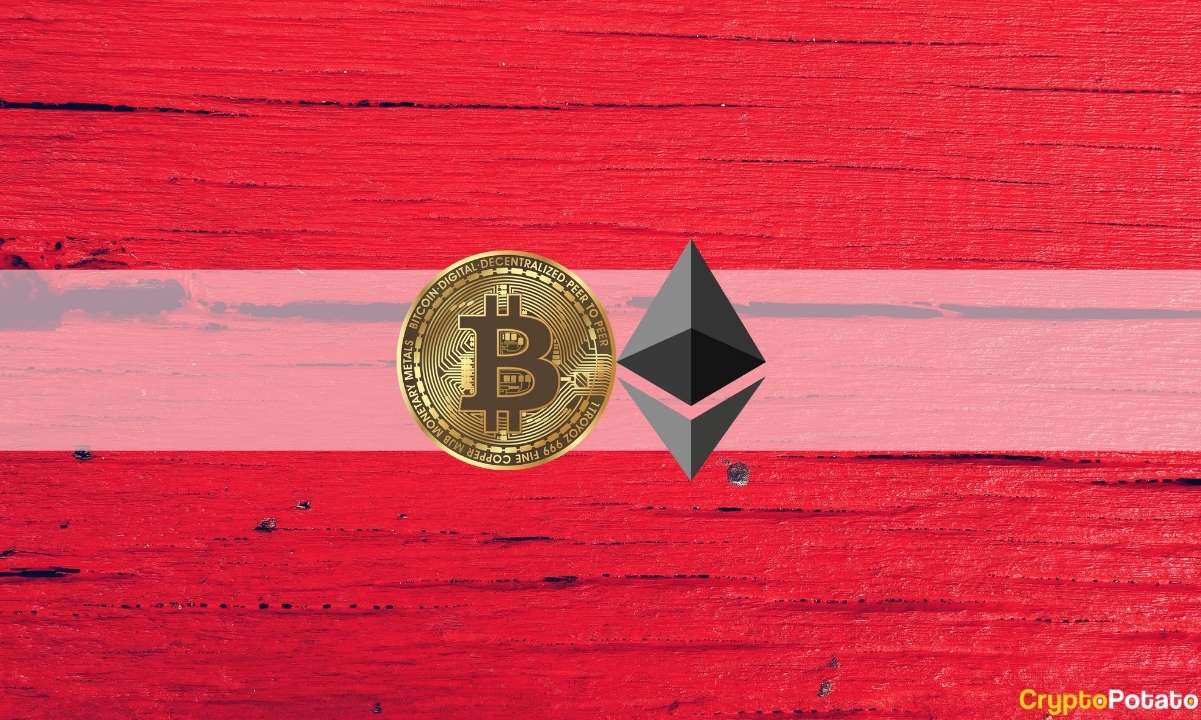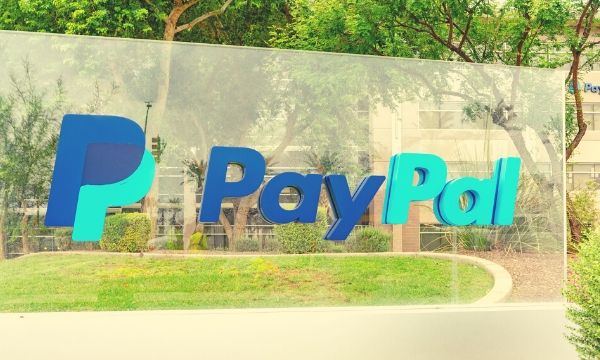PayPal’s PYUSD Stablecoin Deploys Solana Because of High Throughput and Low Fees
Nearly a year after launching on Ethereum, PayPal’s stablecoin PYUSD is being introduced on the Solana blockchain.
This move will enable users to choose between multiple blockchain networks, providing greater flexibility and control over their transactions and holdings.
PayPal Brings PYUSD to Solana
According to the official announcement, PayPal highlighted Solana’s ability to handle a massive volume of transactions at high speeds and extremely low costs as a key driver behind bringing PYUSD to the network.
With Solana emerging as the leading blockchain for tokenized transactions and the most utilized for stablecoin transfers, according to blockchain analytics platform Artemis, PayPal said the Layer 1 network presents significant benefits for commerce use cases.
Commenting on the development, Jose Fernandez da Ponte, Senior Vice President of the Blockchain, Cryptocurrency, and Digital Currency Group, PayPal said,
“PayPal USD was created with the intent to revolutionize commerce again by providing a fast, easy, and inexpensive payment method for the next evolution of the digital economy. Making PYUSD available on the Solana blockchain furthers our goal of enabling a digital currency with a stable value designed for commerce and payments.”
Regulatory Hurdles, Skewed Stablecoin Market
PayPal became one of the first major US financial firms to launch its stablecoin, PYUSD, last August despite regulatory uncertainties around crypto assets in the country.
The stablecoin aimed to reduce friction in virtual payments by enabling fast value transfers, remittances, and international transactions. It was designed to facilitate direct flows to developers and creators, aligning with PayPal’s broader expansion into digital assets alongside other leading brands.
The introduction of PYUSD was welcomed by industry experts and competitors like Tether CEO Paolo Ardoino. However, later that year, the US Securities and Exchange Commission (SEC) issued a subpoena to PayPal regarding its stablecoin initiative.
Besides regulatory scrutiny, PayPal’s PYUSD currently faces stiff competition from already established players such as USDT and Circle USDC, which boast market caps of $112 billion and $32 billion, respectively. PYUSD, on the other hand, recorded a market cap of around $400 million.
The post PayPal’s PYUSD Stablecoin Deploys Solana Because of High Throughput and Low Fees appeared first on CryptoPotato.









